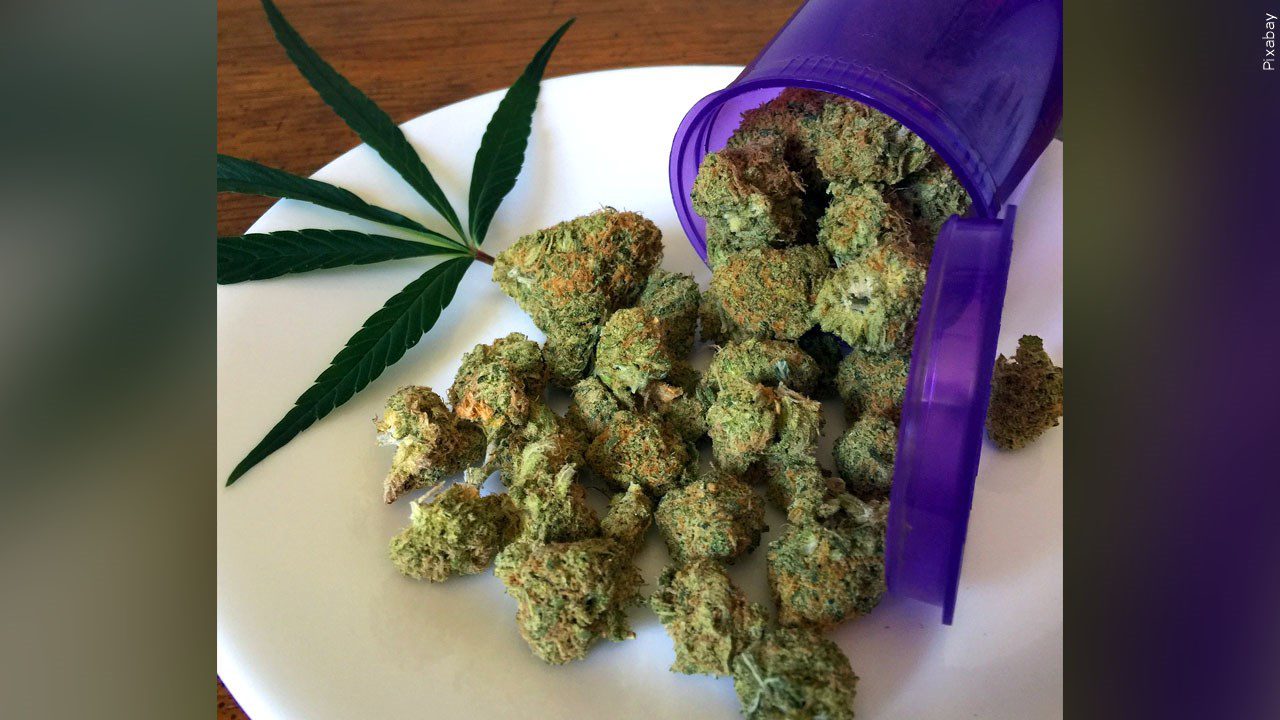Minnesota’s medical cannabis program adds 2 new conditions

Courtesy: MGN
(ABC 6 News) – The Minnesota Department of Health (MDH) announced on Wednesday they will add two new qualifying conditions to the state’s medical cannabis program.
MDH will add irritable bowel syndrome and obsessive-compulsive disorder (OCD) to the list of qualifying medical conditions for participation in the program. Under state law, the new conditions will take effect Aug. 1, 2023.
“We are adding the new qualifying conditions to allow patients more therapy options for conditions that can be debilitating,” said Minnesota Commissioner of Health Jan Malcolm.
Under state rules, MDH says patients certified for new qualifying medical conditions will become eligible to enroll in the state’s medical cannabis program on July 1, 2023, and receive medical cannabis from either of the state’s two medical cannabis manufacturers starting Aug. 1, 2023. As with other qualifying conditions, patients need advance certification from a participating Minnesota health care provider.
For more information on how to become a medial cannabis patient, CLICK HERE.
When the Minnesota Legislature authorized the creation of the state’s medical cannabis program in 2014, the law included 9 conditions that qualified a patient to receive medical cannabis. With the new additions, the list of qualifying conditions will be 19. To see the list, CLICK HERE.
Under state rules, the commissioner of health each year considers whether to add qualifying conditions and delivery methods.
The two new additions come after a formal petition process to solicit public input. While no petitions for new delivery methods were submitted this year, the department opted to approve the two previously mentioned conditions over some other disorders that were petitioned including gastroparesis and opioid use disorder which were denied. MDH says gastroparesis research shows cannabis can make the condition worse, and medical and mental health providers recommended against approving opioid use disorder because of that lack of evidence that cannabis helps.
Records show nearly 40,000 people participate in the state’s medical marijuana program.